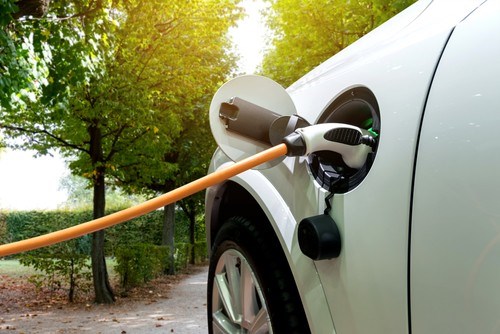B.C. needs to double its production of electricity to meet forecast load demands from electric vehicles, according to the Pacific Institute for Climate Solutions.
A new institute study published in the November issue of the Applied Energy journal said by 2055, the province would need to increase production capacity from a 2015 baseline of 15.6 gigawatts (GW) to 23 GW to meet forecast economic and population growth.
"Factor in all-electric road transportation as well, and up to 60 per cent additional capacity will be needed," the institute said. "This would more than double B.C.'s electricity generation capacity to 37 GW."
Under B.C.'s current Clean Energy Act objectives, at least 93 per cent of grid electricity must come from renewable resources such as hydropower, wind or solar. The act does not give a date by which this must be achieved.
The CleanBC plan aims to reach a 60 per cent change to use of clean energy by 2050.
Report co-author Curran Crawford, a professor with the University of Victoria's Institute for Integrated Energy Systems, said as long as that policy remains in place, electrifying B.C.'s road fleet would reduce total emissions from the combined transportation and electricity sectors by 38 per cent (or 260 metric tons of carbon dioxide equivalent) between 2015 and 2055.
The study found that a 60 per cent capacity demand for transport would raise average electricity costs by only nine per cent due to availability of low cost, renewable energy options.
"Furthermore, the costs would only rise by five per cent if at least half of drivers charged their vehicles at off-peak times. Spreading the demand means less need for capacity build-out," the institute said.
Crawford said low-carbon generation options such as wind and solar power would keep a lid on energy prices.
"Our modelling shows that electrification of transport systems, and a significant reduction in greenhouse gas emissions, can be achieved at relatively low additional cost to the electricity system," he said.
"Transportation is responsible for more than a third of B.C.'s total GHG emissions; the CleanBC plan rightly envisages transitioning B.C.'s cars, SUVs, buses and truck fleets away from fossil fuels to clean electricity, which will make a huge contribution towards meeting provincial GHG reduction targets," Crawford said.
"B.C.'s planned Site C project will provide 1.1 GW, but it just scratches the surface of potential increased power and energy needs, as this research shows. Solar photovoltaic and wind power look very promising for B.C. due to their falling costs."




